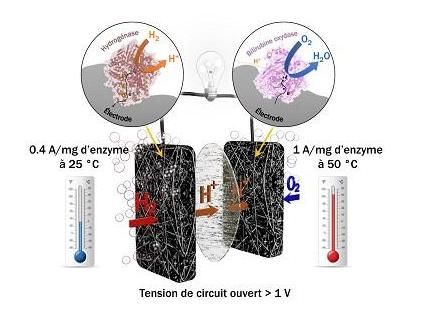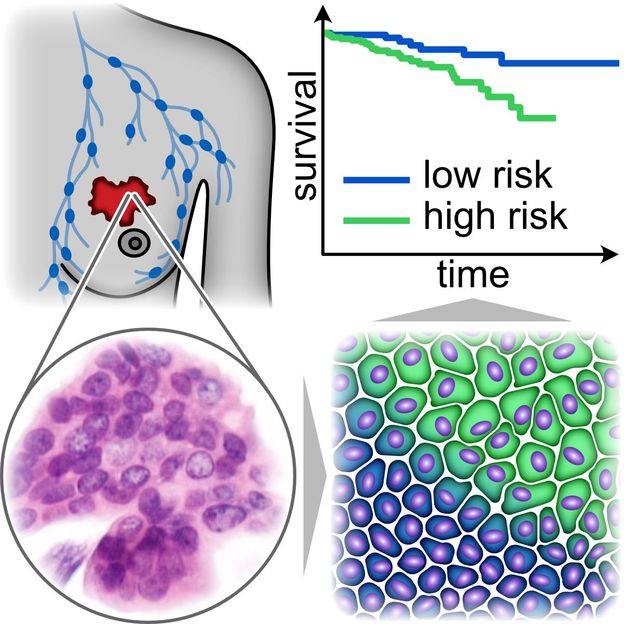Galápagos tomato provides key to making cultivated tomatoes resistant to whitefly
The whitefly is a major problem for open field tomato cultivation throughout the world. Scientists of Wageningen UR together with a number of partners have discovered genes for resistance to the whitefly in a wild relative of the common tomato. The scientists hope that resistant varieties can be brought to market within two years, making chemical pest control unnecessary. Research into the identification of resistance to whitefly in tomatoes is the basis of Syarifin Firdaus’ graduate thesis, which he will be defending at Wageningen University on 12 September.
The whitefly causes major damage to the tomato plant and its fruit, and is an important vector of plant virus dissemination. While the whitefly is suppressed through biological means in greenhouses, limiting the damage in open field cultivation requires human intervention in the form of weekly spraying with toxic chemicals. In addition, the whitefly quickly develops resistance to pesticides.
Firdaus has requested seeds of crossable varieties of tomato from various gene banks and measured their resistance to whitefly. The 30 varieties were tested for surviving whitefly infestation and for the number of eggs laid over five days. This process revealed one crossable variety fully resistant to the whitefly – a wild tomato from the Galápagos Islands.
The scientists used DNA research to pinpoint two resistance genes. A plant breeding company hopes to introduce these genes into cultivated tomatoes and bring a resistant tomato to market within two years.
The resistance was also found in China, Indonesia and Thailand. The wild tomato will also be crossed with local tomato varieties in these countries, rendering the use of pesticides to combat whitefly unnecessary.
Most read news
Organizations
Other news from the department science

Get the life science industry in your inbox
By submitting this form you agree that LUMITOS AG will send you the newsletter(s) selected above by email. Your data will not be passed on to third parties. Your data will be stored and processed in accordance with our data protection regulations. LUMITOS may contact you by email for the purpose of advertising or market and opinion surveys. You can revoke your consent at any time without giving reasons to LUMITOS AG, Ernst-Augustin-Str. 2, 12489 Berlin, Germany or by e-mail at revoke@lumitos.com with effect for the future. In addition, each email contains a link to unsubscribe from the corresponding newsletter.
Most read news
More news from our other portals
Last viewed contents

The Mechanism Behind Melanoma Resistance to Treatment - Findings could pave the way for more effective therapies

When enzymes rival platinum
Nano-capsules show potential for more potent chemoprevention
Is lunar dust harmful to humans? - Roche’s xCELLigence System used to investigate effects of lunar and Martian dust on mammalian skin
Successful Field-Trial Remediation of 1,2-DCA and VC Contaminated Groundwater in Northern Italy

Researchers develop new marker for cancer cell motility - Physics of Cancer finds first potential application in oncology – More accurate prognosis of how breast tumours spread
Scientists identify genetic clues for a big heart





















































